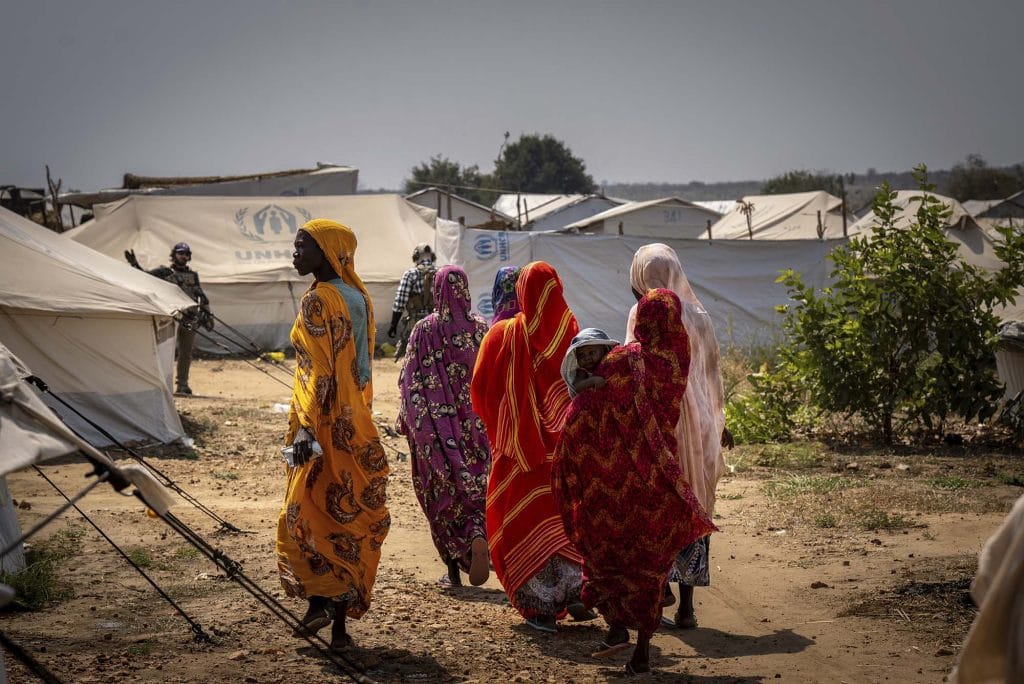As Sudan’s devastating conflict drags into its third year, a toxic combination of mass displacement, systematic sexual violence, and deadly disease outbreaks is pushing millions of civilians—especially women and children—into the margins of survival. Rights experts and humanitarian agencies warn that the scale of human suffering in the country now ranks among the world’s gravest crises.
In a report released to mark the International Day for the Elimination of Sexual Violence in Conflict, United Nations experts sounded the alarm over what they called a “pattern of weaponized rape and terror,” placing overwhelming responsibility on the paramilitary Rapid Support Forces (RSF). According to the UN’s designated expert on Sudan, Radhouane Nouicer, more than 70% of the 521 victims of conflict-related sexual violence documented to date were attacked by RSF fighters, often in displacement camps or areas under their control.
“These crimes are not isolated incidents; they represent a deliberate strategy of war,” said Nouicer, adding that many assaults involved gang rape, forced abduction, and violence based on ethnic targeting.
At the same time, the UN warns that nearly half of Sudan’s 30 million people in need of aid are children, yet less than 18% have received any protection services in 2025. A severe funding shortfall—only 3% of the needed $88 million secured—has left hundreds of thousands of vulnerable minors without access to shelter, legal aid, or psychological care.
The health situation is equally grim. Since mid-2023, a widespread cholera outbreak has sickened over 80,000 people and killed more than 2,000—nearly a quarter of them children under five. In recent months, new hotspots have emerged in conflict-hit areas including El Fasher and Nyala, further complicating response efforts. Aid workers are operating under threats, and last week’s fatal ambush on a World Food Programme convoy in North Darfur has heightened fears over humanitarian access.
UN agencies say the crisis is exacerbated by the collapse of Sudan’s public institutions, restrictions on humanitarian entry, and the proliferation of armed actors with no unified chain of command. A UN fact-finding mission also flagged the growing use of sexual violence and starvation as tools of warfare by both the Sudanese Armed Forces (SAF) and the RSF.
Despite repeated international appeals for accountability and safe humanitarian corridors, progress remains elusive. Survivors and rights defenders continue to speak out, often at great personal risk, demanding justice and long-term support.
“The war may be invisible to much of the world now, but for the women raped, for the children sickened by cholera, and for the families living in makeshift tents with no food or future, every day is a new battlefield,” said Kristine Hambrouck, the UN’s acting humanitarian coordinator in Sudan.
The UN and partner agencies have renewed their calls for an immediate cessation of hostilities, survivor-centered services, and an international mechanism to bring perpetrators of war crimes to justice.



